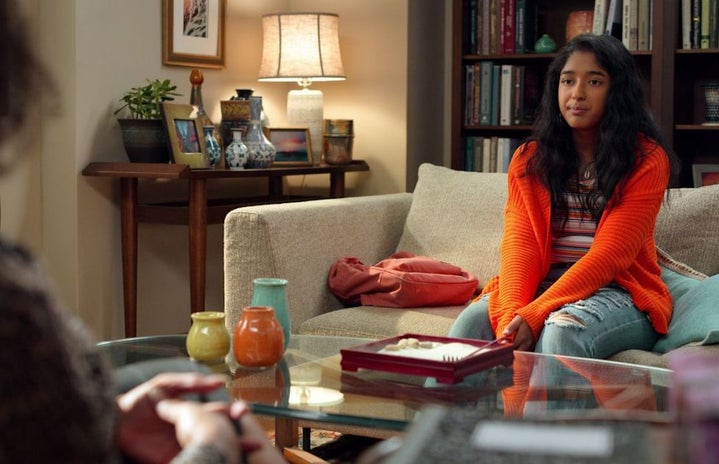The Covid-19 pandemic has been a stressor on every aspect of our lives. Most notably, the pandemic has increased demands for counselors, social workers, therapists and other psychological support.
A Washington, D.C. council member has proposed a solution to this shortage.
A bill introduced by council member Robert White will allow students to get a master’s degree in social work (MSW) at the University of the District of Columbia (UDC) at no expense. “The District’s Pathways to Behavioral Health Degrees Act of 2022” was introduced by White and has eight co-sponsors, out of the 13 total council members.
If passed, the program would cost $6 million over four years. Students who participate and graduate from the program would have to commit to working two years in Washington, D.C.
“When the pandemic started, I heard from so many people who felt like they needed mental health professionals and they couldn’t find it and what we realized is that we have a pipeline problem,” said White.
The bill achieves two ends. It will bolster UDC’s master’s in social work program as well as increase available therapists and counselors in the District. As White has stated, people in the district see this lack of availability as a problem, not only in their personal lives but also in professional settings, like schools.
Many will call the bill just another burden on the tax-paying citizens of Washington, D.C. However, in comparison to the district’s overall budget, this program is less than .05% of annual spending, which was $18.5 billion in fiscal year 2022.
Additionally, there are bigger economic and social costs associated with a lack of action towards mental health needs. The White House reports that good mental health is related to a productive economy while poor mental health is associated with worse educational outcomes. Mental health disorders don’t only affect the here-and-now but have long-term effects. For example, depression during adolescence has been linked to a higher engagement in crime.
Whether you support the proposed bill or not, there is no arguing that Washington, D.C. and more are in need of social workers more than ever before. To let this issue go unaddressed can have effects well beyond our current, post-pandemic lives.


